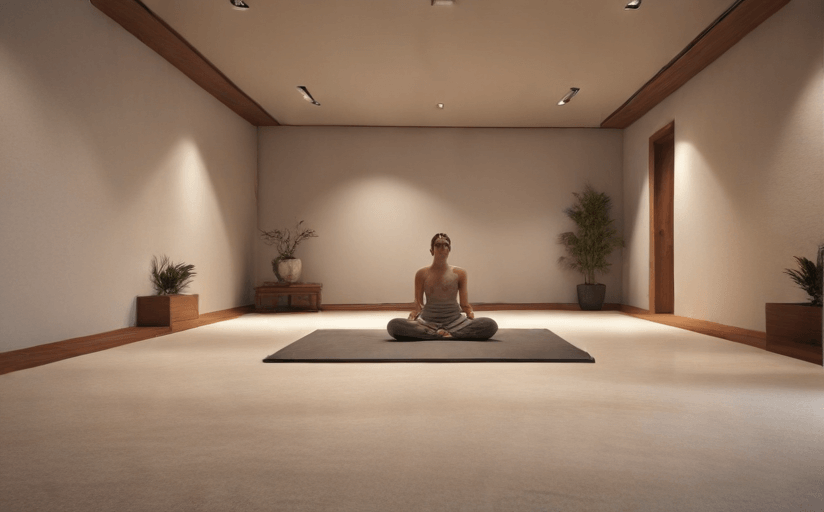The Impact of Embracing Minimalism on Mental Health: A Comprehensive Study
Minimalism, a lifestyle often characterized by simplicity, clarity, and intentionality, has recently become a popular solution for those seeking relief from the relentless pace and pressure of modern society. In this article, we'll delve into the potential mental health benefits and drawbacks of adopting a minimalist lifestyle, fueled by psychological theories, real-world evidence, expert opinions, and case studies.
The Principle of Minimalism
Minimalism is an approach to life that encourages an emphasis on quality over quantity. By consciously paring down one's possessions, commitments, and distractions, minimalists strive to make room for more meaningful and fulfilling pursuits. Although most known for its stress on having fewer material goods, minimalism extends far beyond physical clutter, encompassing digital clutter, mental clutter, and more.
Minimalism versus Consumerism
In stark contrast to minimalism, society today is largely driven by consumerism - an ideology that encourages the acquisition of goods and services in ever-increasing amounts. Unfortunately, this often leads to stress and dissatisfaction, as evidenced by psychological research demonstrating a negative relationship between materialism and life satisfaction.
The Psychological Theory on Minimalism
From a psychological point of view, embracing minimalism can lead to significant mental health benefits. According to the Attention Restoration Theory, the human mind can only handle a limited amount of stimulation before it begins to feel tired and overwhelmed. By reducing unnecessary distractions, minimalism can help restore mental energy, increase focus, and enhance cognitive performance.
Real World Evidence and Expert Opinions
Several studies suggest a link between embracing minimalism and improved mental health. An empirical study published in the Personality and Social Psychology Bulletin found that individuals who place less emphasis on material wealth tend to have better mental health than those more focused on possessions.
Renowned psychologist Dr. Jane Burnette stated, Decreasing the amount of physical clutter in one’s life can lead to improved focus, reduced anxiety, and enhanced self-perception.
Case Study: Minimalism and Reduced Stress
A case study involving Sarah, a mother of two who transitioned to minimalism, illustrates the impact of this lifestyle change on mental health. Before adopting minimalism, Sarah confessed to feeling constantly stressed and overwhelmed by her overflowing schedule and cluttered home. Within six months of embracing minimalism, she reported significant reductions in stress levels and feelings of being overwhelmed. Additionally, she testified to having more leisure time and feeling happier overall.
Potential Benefits and Downsides of Minimalism
While the benefits of adopting minimalism often include reduced stress, heightened focus, and improved mental wellbeing, it is crucial to note that this lifestyle may not be for everyone. Some individuals may find the initial transition to be challenging, stressful, or even anxiety-provoking. Striking a balance is key – taking a less is more approach without falling into the extremity of deprivation.
Conclusion
Each person's journey in adopting a minimalist lifestyle is unique. It's clear that for some, minimalism may provide a path toward improved mental health, creating space for more joy, resilience, and peace. As with any significant lifestyle change, it's essential to make thoughtful, informed decisions – considering not only the potential benefits but also any potential downsides.




















Comments
Leave a Comment